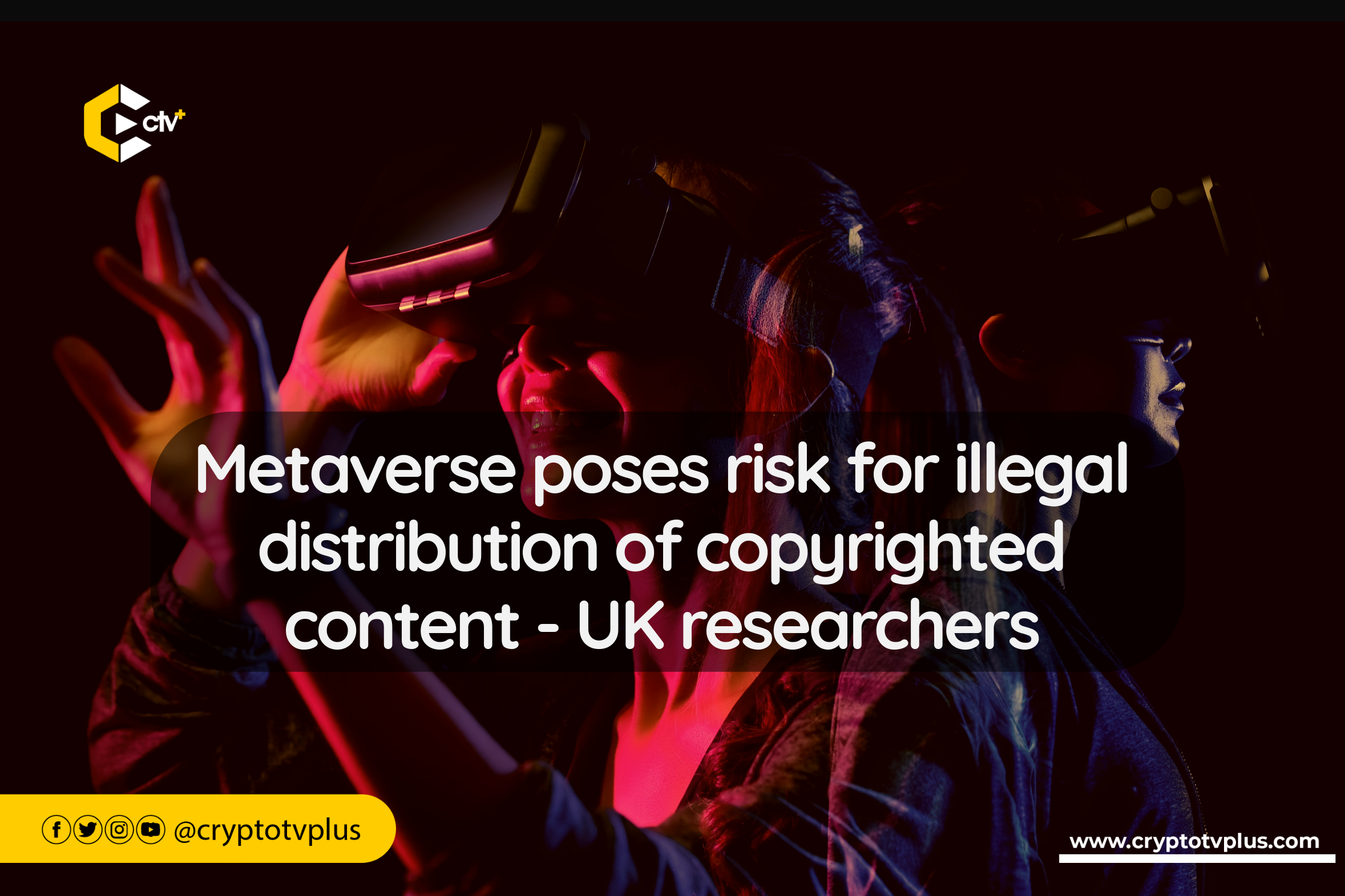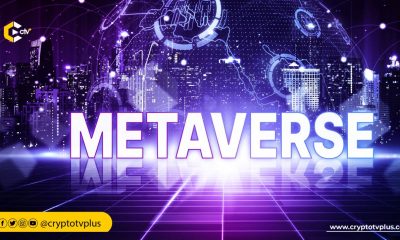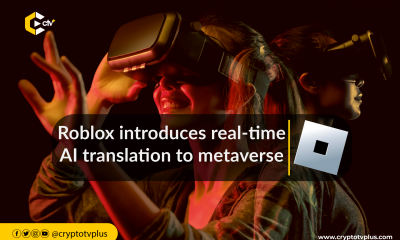News
Metaverse poses risk for illegal distribution of copyrighted content – UK researchers

A new study by UK researchers found that metaverses could potentially become hubs for the illegal distribution of copyrighted content, including music, movies, and books.
The report emphasized the need to develop strategies for regulating IP rights in the metaverse and addressing potential copyright infringement.
Researchers in the United Kingdom conducted the study to examine whether current IP laws were sufficient to address issues related to new technologies such as the metaverse.
They identified the limitations of existing IP laws and made recommendations for addressing these limitations in the context of new technologies like the metaverse
The report, titled “IP and Metaverse,” was commissioned by the U.K. government and published on March 7, 2023
It reviewed the existing literature on IP laws and analyzed how these laws could be applied to technologies like the metaverse.
Specific IP issues related to the metaverse, including the governance of IP rights in an interoperable environment, and the regulation of technologies like blockchain and AI within virtual worlds, were highlighted in the report.
The interoperability of virtual worlds created legal challenges, such as the unauthorized reproduction and distribution of copyrighted works, according to the report.
The lack of interoperability among virtual worlds has been a key factor in preventing the illegal distribution of copyrighted works across multiple platforms.
The ability to share content between different virtual worlds creates challenges for governing and regulating the use of copyrighted works, which could be easily reproduced and distributed across multiple platforms.
The inherent characteristics of blockchain technologies, such as immutability, can make it difficult to enforce IP laws, as blockchain transactions cannot be easily altered or changed, the report noted.
The researchers wrote:
“Blockchain’s inherent resistance to change or correction undermines the ability to flexibly manage or update IP rights. This is an issue which becomes especially worrisome in the context of ownership disputes, as well as for navigating the termination of agreements and rights if licensors or right holders seek to leave the Metaverse.”
The use of AI in the governance of IP rights in a metaverse could create new legal and ethical challenges, the report anticipated.
The lack of human oversight in AI-based copyright enforcement could lead to abuse, as it would be difficult to verify the legitimacy of the AI’s decisions, the report argued.
The generation of AI-based content within a metaverse could create new IP issues, as it would be difficult to determine ownership and authorship of the content, the report highlighted.
The increasing reliance on AI tools for the generation of content could affect claims of authorship and inventorship, as it would be unclear who owns the intellectual property, the report observed.
The current IP laws generally only protect works partially assisted by AI, as opposed to those created entirely by AI, according to the report.
The multitude of IP issues that could arise in the metaverse necessitates further clarity on a range of key topics, the researchers concluded.
Various legal issues, including intellectual property rights related to copyrights, trademarks, patents, designs, user-generated content, virtual property, and NFTs, need to be addressed, the researchers noted.
They called for the development of IP approaches to address the issues of governance and enforcement in the metaverse.
Read also: Ethereum Foundation alongside zkSync allocates $900K for ZK Layer 2 development























Pingback: FINRA's New Rules Extend Regulatory Requirements To The Metaverse, Reports CryptoTvplus - CryptoInfoNet